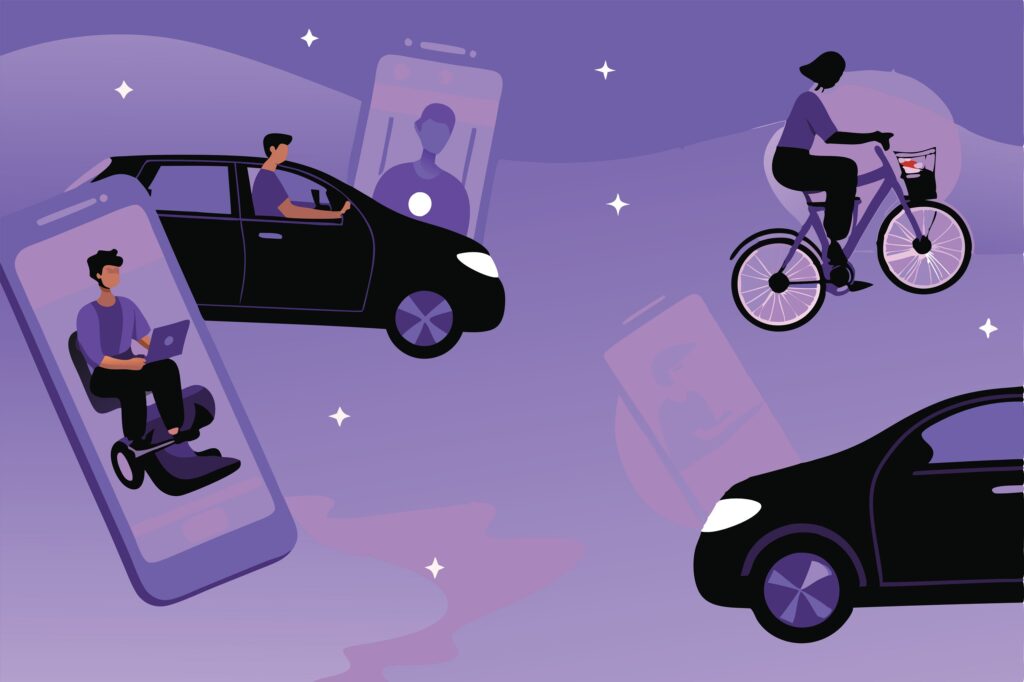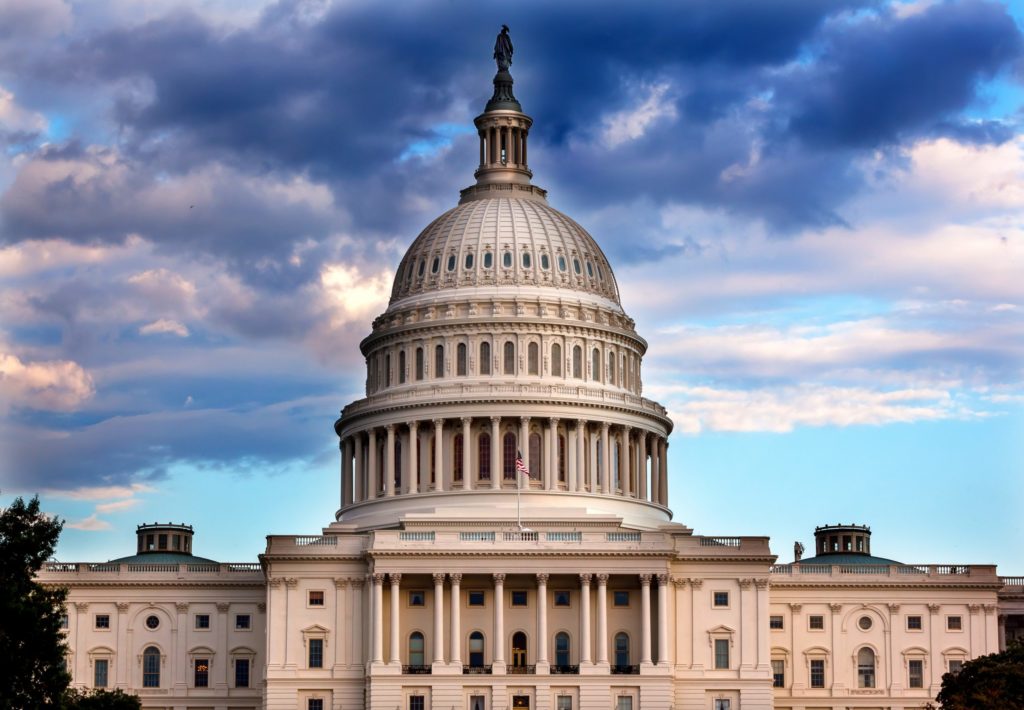Pluto is out, Southern Ocean is in and science shouldn’t be political
My son came home from school the other day singing a jingle that included the Pacific, Atlantic, Indian and Arctic oceans. Strangely, I also heard him sing about the Southern Ocean. I doubted my seven-year-old had the personal interest in developing his own geographic song complete with an added ocean.
My confusion quickly gave way to the sinking realization that the science of my childhood might be factually out of date. It’s not possible to be current on every bit of advanced scientific research around the world, but I’d like to think my scientific understanding is at least as competent as the average second grader.
I don’t want to be that guy who thinks the Internet is a series of tubes or that you should coat a burn in butter. I remember what it was like to realize for the first time that the science of my childhood had changed.
In school, I was taught “My Very Educated Mother Just Served Us Nine Pizzas” as the mnemonic device to remember the orbital order of the planets. When the International Astronomical Union (IAU) relegated Pluto to dwarf planet status in 2006, the “Pizza” disappeared. Technically, we could change “Nine” to “Nachos” and the sentence still works, but it feels so wrong.
I’m somehow shocked with science not being as I learned it decades ago. I shouldn’t be.
When I googled “Southern Ocean” the results popped up immediately. The U.S. Board on Geographic Names recognizes it as “as the body of water extending from the coast of Antarctica to the line of latitude at 60 degrees South.”
Unlike Pluto’s status change, I was blissfully unaware that America recognized a fifth global ocean. How did I miss the existence of something so large? Yes, I know the water is the same as it was before, but a major classification like that is a big deal.
Our world isn’t static, and our understanding of it shouldn’t be either. Unfortunately, too many of us have responded to some of those changes by reducing science to political opinion using technical sounding jargon. That’s a dangerous practice we need to address.
Yes, scientific consensus is wrong at times, but that’s a feature, not a bug. The same scientific determination of Pluto’s status and delineation of the Southern Ocean probably feels a lot like the scientific consensus that initially disagreed with Nicolaus Copernicus’ theory of a heliocentric universe. If recent discoveries blow your mind, imagine waking up one day and literally realizing you’re not at the center of the universe.
We must do a better job separating science from our political response to it. For example, we may agree on the negative health impacts of lead exposure and disagree as to whether putting a price on lead pollution is superior to letting the EPA handle it through regulation. Policy disagreement over the policies required to address scientific discoveries is both helpful and productive.
Politicians should engage scientists, question predictive models and prod at assumptions made during the research process. That practice informs votes and regulatory developments. At times, it may mean that new information doesn’t merit a political response.
But we must caution ourselves against letting our discomfort with scientific progress give way to the assumption that science itself is little more than propaganda. We should not permit forwarded emails, our feelings, or the basic scientific facts from our childhood stand as equivalents to modern scientific inquiry undertaken by trained and educated scientists. Merely remembering that photosynthesis involves converting carbon dioxide into plant nutrition doesn’t make you a global climatologist.
In an age where scientific research has been so heavily politicized, we need to reclaim its focus on independent discovery rather than political affirmation. If we don’t agree with scientific consensus on something like climate changes, flu vaccines or Red Snapper populations, we must use the scientific method to challenge it. That worked for Copernicus; it will work today.
The scientific method is based on observation and experiment. When conclusions cease to be accurate based on new information, we change them accordingly. That process is essential for new technologies, more effective medicines, and better public policies. Science also happens to be the pathway for many of our wildest dreams to become reality. Sometimes it allows our kids to surprise us with a new ocean.
I’m glad that my son learned something I didn’t know. I’m actually looking forward to being scientifically uncomfortable on an increasing basis if it means we’re making progress toward a brighter future.
Image by Anton_Ivanov









